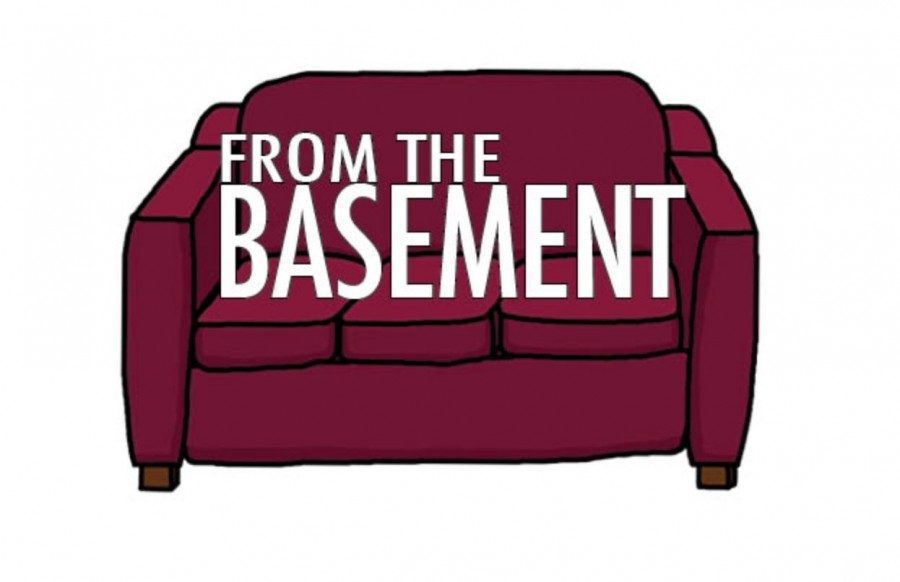Too black for an American audience
Before I really dive into this article, I’d like to begin by saying this is one of the most frustrating things I’ve ever written about. This is because there are two articles I could write, and I have tried to write them both at the same time. It’s gotten to the point where I’m writing in the first person because I can no longer even be objective against myself. Before this twice fully-deleted article becomes completely unsalvageable, let me start by saying that this is about Colin Kaepernick.
Colin Kaepernick is a bad football player. This is one of the articles I could write. At his best, he was a system quarterback who succeeded because of his surroundings. His athleticism and accuracy were impressive but never spectacular. He doesn’t deserve the amount of money he’s reportedly asked for, and from that standpoint, it will be no tragedy if he never plays again. But it’s no longer about Colin Kaepernick’s skills, nor is it even about whether he even plays in the NFL again.
This article is about what happens when a black man becomes too black for an American audience.
Recently, former NFL quarterback Michael Vick made an appearance on Fox Sports 1’s “Speak For Yourself,” stating that Kaepernick needed to change his appearance in order to be signed by an NFL team, specifically stating that “The thing he needs to do is try and be presentable,” meaning Kaepernick should cut his long afro.
To be fair, Vick knows a thing or two about changing one’s image. In 2009 Michael Vick was released from prison after 21 months for his involvement in a dogfighting ring, and, with a short and clean haircut, he earned a roster spot with the Philadelphia Eagles. But personal experience aside, Vick does not have the right to police how Kaepernick should dress or cut his hair, nor does the NFL.
It’s not just Michael Vick. There are millions of Americans who were, for various reasons, absolutely outraged by Kaepernick’s protest last season. When the Baltimore Ravens reportedly considered signing him after Joe Flacco’s injury, these angry fans emerged from the woodwork. These fans buy tickets, these fans buy merchandise, these fans leave church early so they can tune in right on time every Sunday afternoon.
Colin Kaepernick could cut his hair, throw his Fidel Castro shirt in the dumpster, and change his name to Jim White. These fans would sooner forgive a dog murderer than support him.
There was some outrage when Michael Vick was signed by the Eagles, but the common argument to dissuade this anger was, “he did his time,” which is true, regardless of how you feel about him or his crimes. There is no crime, however, for Colin Kaepernick to pay the price for, so how will American audiences be convinced he’s “learned his lesson?”
There have been athletes before who, like Kaepernick, went a little “overboard” in their blackness according to some American audiences and made certain demographics uncomfortable.
Take NBA Hall of Famer Allen Iverson. Iverson enrolled in Georgetown University after being released from prison with clemency, to the ire of many. After three years in Georgetown, he went to the Philadelphia 76ers and became a household name, not just for his talent, but for the controversy he drew. In the era of buzz cuts and hi-tops, Iverson’s cornrows were the subject of debate among many. His rap single, “40 bars,” drew so much controversy he never released it. Aspects of Iverson’s personal life were often picked apart by the media.
Unlike Kaepernick, however, Iverson never found himself without a team because he had something that Kaepernick doesn’t have anymore, something nobody can deny–talent.
In 2013 Kaepernick led San Francisco to a Super Bowl appearance. If he’d knelt for the national anthem after that, nobody would have cared. But when you’re sitting on the bench behind Blaine Gabbert, it’s easy to be turned into a scapegoat, to serve as an example to make better athletes fall in line. But it hasn’t worked.
This pre-season, Michael Bennett has been outspoken in his protest of the national anthem. The Seattle Seahawks, however, can’t just drop such a valuable member of their defensive line.
When the top athletes stand up, by refusing to stand up, that is when a difference is made. Because you can erase Colin Kaepernick, but you can’t erase his impact.
Your donation will support the student journalists of Tulane University. Your contribution will allow us to purchase equipment and cover our annual website hosting costs.

















Leave a Comment